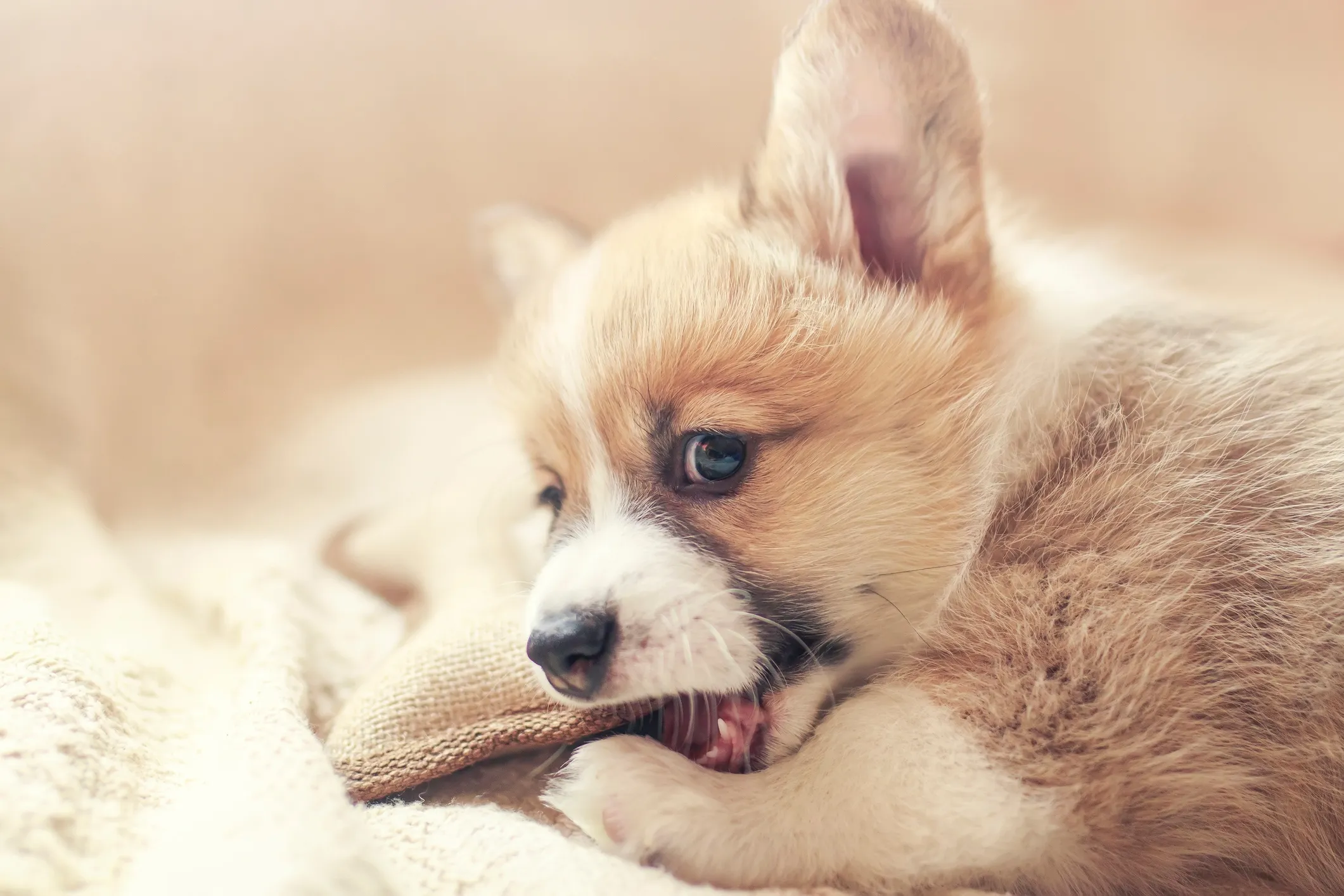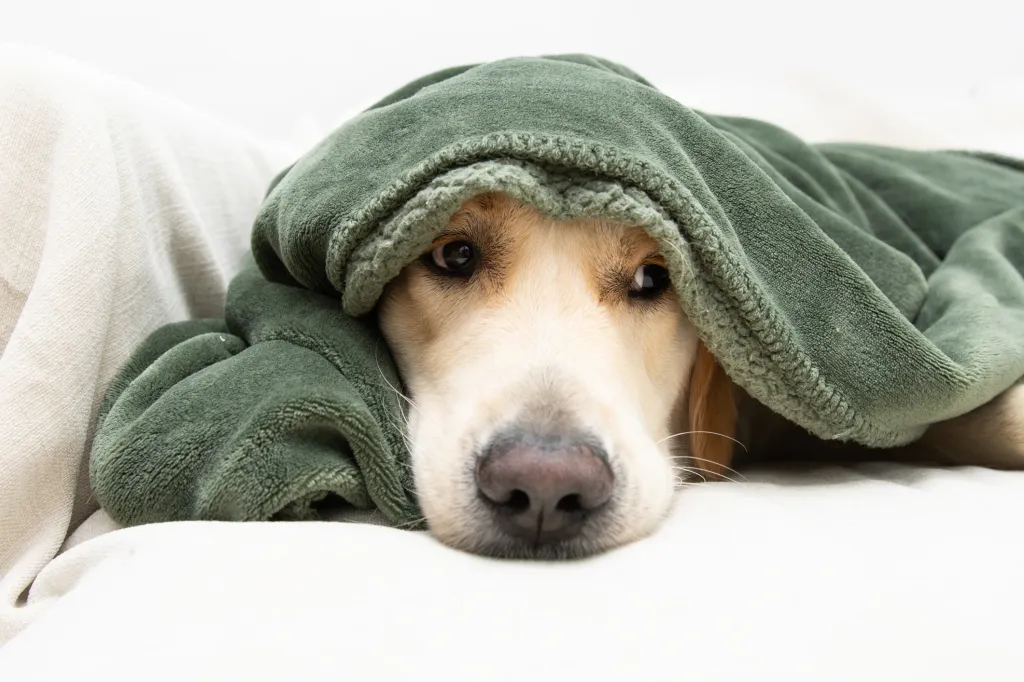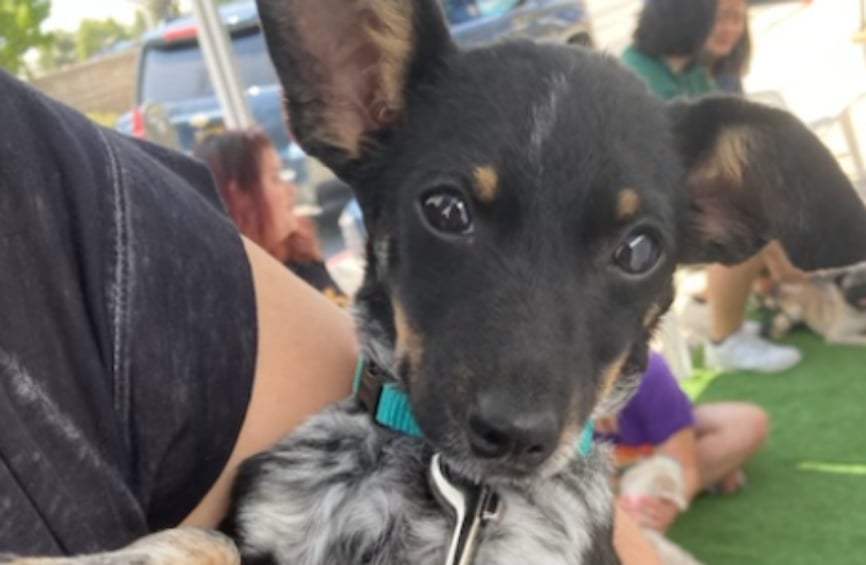Table of Contents
Did your pup’s tooth pop out? It’s common for dogs to lose their first set of teeth.
Like human children, puppies have baby teeth. The first teeth, known as the milk teeth, come in for dogs when they’re around 3 weeks old. The technical name for these teeth is the deciduous teeth. Most pups have all their baby teeth by about 8 weeks old.
Do Dogs Lose Baby Teeth?
Those teeth — all 28 of them in most dogs — eventually fall out and are replaced by adult teeth. Dogs end up with more adult teeth than baby teeth, and most breeds have 42 permanent teeth as adult canines.
When Do Dogs Lose Their Baby Teeth?
A dog’s baby teeth start to fall out naturally — or come out when they’re chewing a toy — as the adult teeth push their way in. As it does with humans, the loss of baby teeth and the growth of adult teeth happens in phases in dogs.
While every breed — and every dog — is a bit different, you can expect a schedule for losing baby teeth to look something like this:
- At 3-4 months old, pups will lose their front baby teeth, known as the incisors.
- At 4-6 months old, dogs lose their canines, which are the teeth that make up the “fangs.”
- At 5-6 months, dogs lose their back teeth, which are the premolars and molars.
You can expect your dog to engage in teething activity as new teeth come in, including licking things, chewing things or drooling more.
What Happens If My Dog’s Baby Teeth Don’t Fall Out?
Sometimes, baby and adult teeth don’t do their thing in your dog’s mouth, which can cause the baby teeth not to fall out, leading to a condition called retained deciduous teeth. While it’s not life-threatening for a baby tooth or two to linger a bit longer than expected, if your dog isn’t steadily losing baby teeth by around 6 months, it’s probably time to take action.
Retained baby teeth can lead to overcrowding in the mouth as adult teeth also try to come in. The resulting misalignment can cause difficulties in chewing — and subsequent poor diet for your dog — or closing the mouth. Other issues related to retained baby teeth include greater risks for tooth decay and gum disease.
Don’t Worry
Don’t fret if your pup isn’t following the tooth loss time line exactly. Mention it to your vet on your dog’s next visit. Your pet care professional can help you understand if there’s anything to be concerned about, and they can remove stubborn baby teeth as needed.






